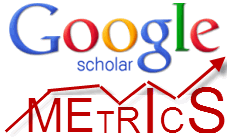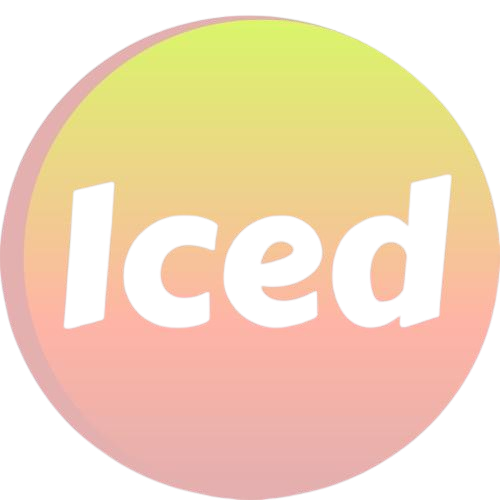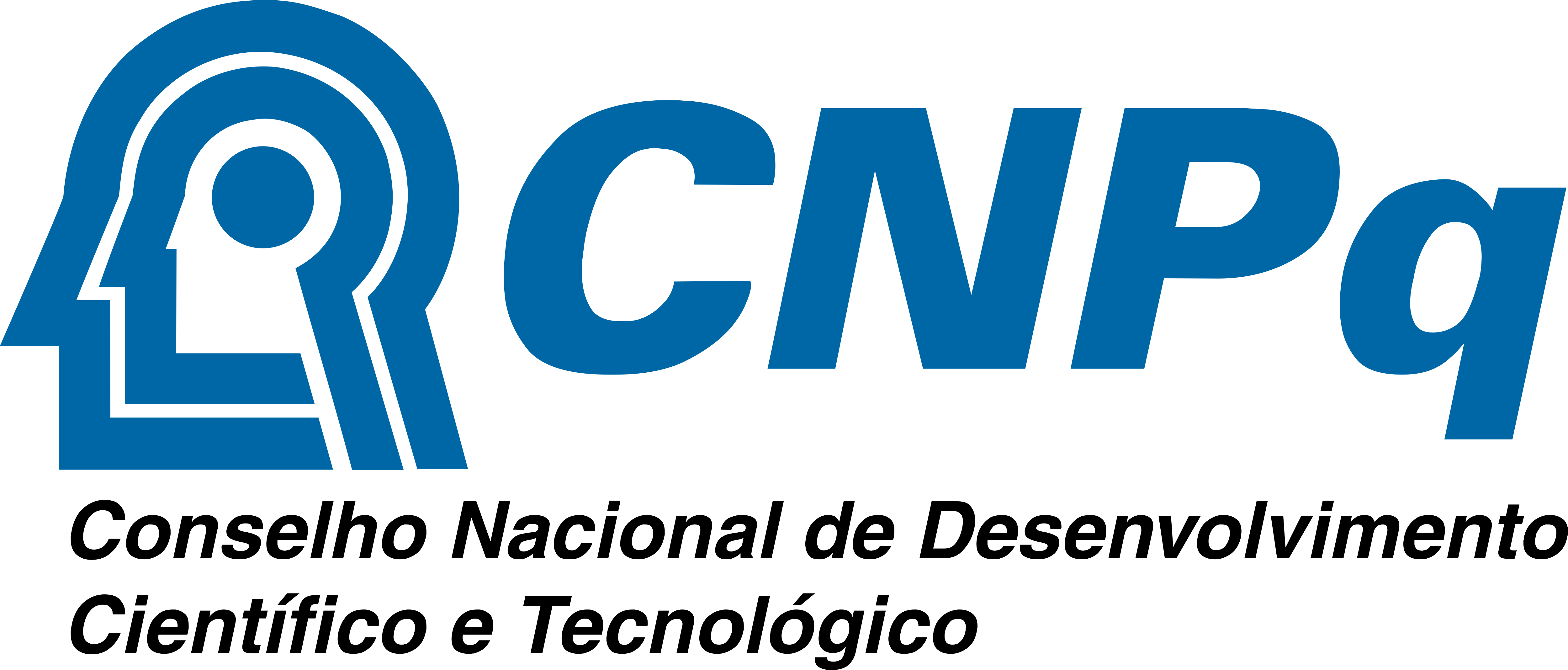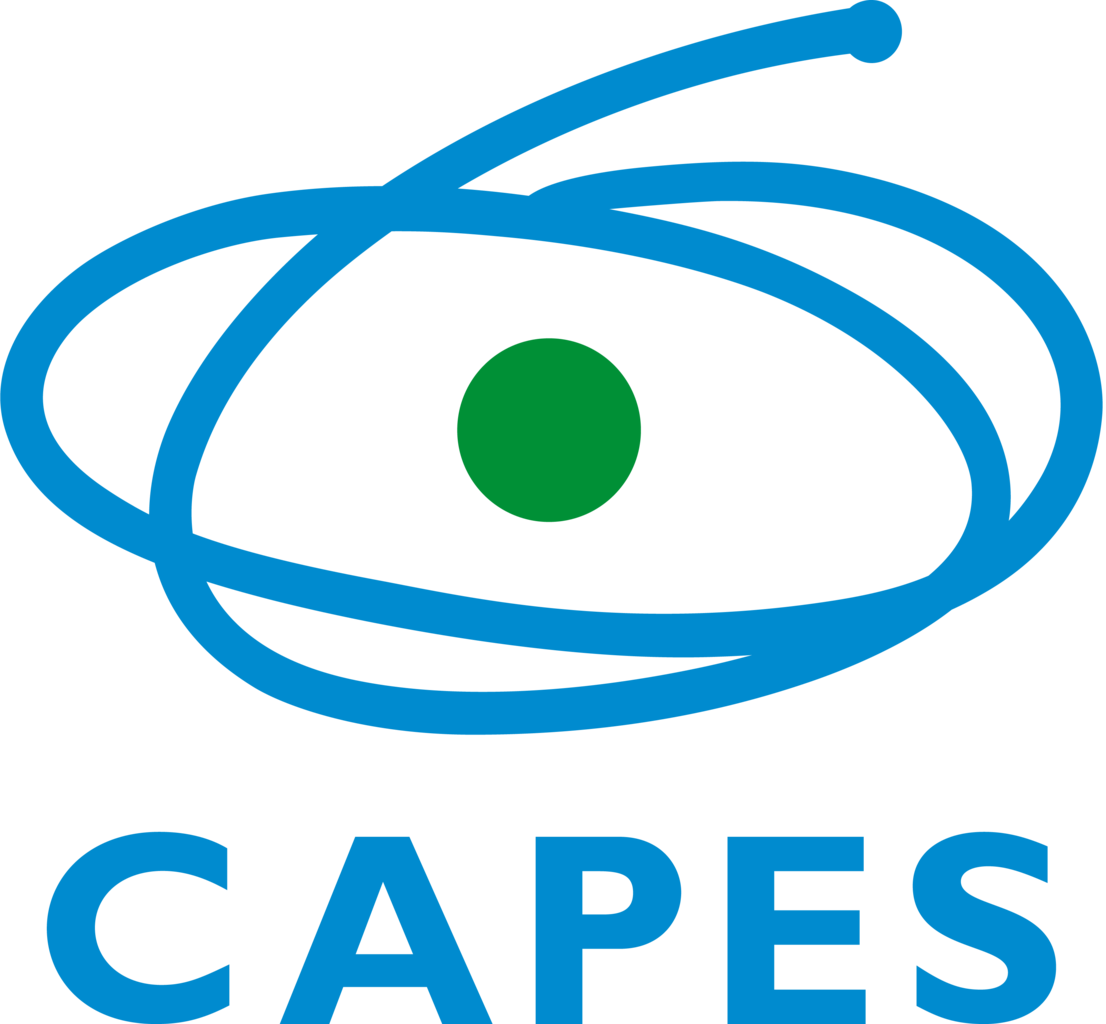Open schooling with inquiry maps in network education: supporting Responsible Research and Innovation (RRI) and fun in learning
Resumo
This article discusses the open schooling approach which has been promoted by the European Commission for preparing learners in cooperation with partners to develop real-world issue projects and shape a desirable future together. This approach is designed to engage all participants with RRI - Responsible Research and Innovation (EC, 2015). The objective of RRI is to align research and innovation with societal needs and sustainable development goals (UNESCO, 2015) through the interaction of researchers with society. Open schooling for RRI is considered an interactive approach to help youth develop knowledge, skills, attitude and values for the 21st century. This study presents some contributions of using inquiry mapping (OKADA, 2006) as a participatory research-action method to engage multi-partners in an open network. This exploratory study supported by a set of examples from the literature provides recommendations for developing inquiry-maps for open schooling in network projects and facilitates fun in learning.
Downloads
Referências
Archer, L., Dawson, E., DeWitt, J., Seakins, A., & Wong, B. (2015). “Science capital”: A conceptual, methodological, and empirical argument for extending bourdieusian notions of capital beyond the arts. Journal of Research in Science Teaching, 52(7), 922-948.
Baker, M. (2003). Computer-mediated argumentative interactions for the co-elaboration of scientific notions. In J. Andriessen, M. Baker & D. Suthers (Eds.), Arguing to Learn: Confronting Cognitions in Computer-Supported Collaborative Learning environments .Netherlands:. Kluwer Academic Publishers.
Blaxter, L., Hughes, C. & Tight, M. (2001). How to Research. Buckingham: Open University Press.
Brydon, D. (2011). Globalization and higher education: Working toward cognitive justice. Valences of Interdisciplinarity: Theory, Practice, Pedagogy (97-120). Edited by Raphael Foshay Athabasca, AB: Athabasca University Press.
Buzan, T. (1993). The mind map book: Radiant thinking the major evolution ion human thought. London: BCA.
Shum, S. J. B., & Okada, A. (2014). Knowledge cartography for controversies: the Iraq debate. In Knowledge Cartography (pp. 293-308). Springer, London.
Castells, M. (2010). A sociedade em rede. São Paulo: Paz e terra.
Chen, C. & Czerwinski, M. (1997). Spatial ability and visual navigation: An empirical study. In: The New Review for Hypertext and Multimedia, Volume 3, pp. 40-66. http://research.microsoft.com/~marycz/nrhm.htm
Conklin, J. (2006) Dialogue Mapping: Building Shared Understanding of Wicked Problems. John Wiley, UK.
Cook, L.K. & Mayer, R. E. (1988). Teaching readers about the structure of scientific text. Journal of Educational Psychology, 80, 448-456.
EC - European Commission (2015). HORIZON 2020 Work Programme 2014 – 2015: Science with and for Society. European Commission Decision C. <https://ec.europa.eu/programmes/horizon2020/en/h2020-section/responsible-research-innovation>.
Edelson, D. C. (2001). Learning-for-use: A framework for integrating content and process learning in the design of inquiry activities. Journal of Research in Science Teaching, 38, 355–385.
Ferguson, J. M. (2019). Networks, Globalization, and World Bank Education Strategies. New Proposals: Journal of Marxism and Interdisciplinary Inquiry, 10(1), 5-15.
Freire, P. (1967) Educação como prática da liberdade. Paz e Terra, Rio de Janeiro.
Hmelo-Silver, C.; Duncan, R. & Chinn, C. (2007) Scaffolding and Achievement in Problem-Based and Inquiry Learning. EDUCATIONAL PSYCHOLOGIST, 42(2), 99–107 Lawrence Erlbaum Associates, Inc. http://www.cogtech.usc.edu/publications/hmelo_ep07.pdf
Holst, J. (2006). Globalization and the future of critical adult education. Global issues and adult education: Perspectives from Latin America, Southern Africa, and the United States, 41-52.
Jonassen, D. (2000), Computers as mindtools for schools: engaging critical thinking. Upper Saddle River, N.J: Merrill.
Llewellyn, D.(2005). Teaching High School Science Through Inquiry: A Case Study Approach. NSTA.
Mayer, R. (2003). Learning and Instruction New Jersey: Merrill Prentice Hall.
McTighe, J. (1992). Graphic Organizers: collaborative links to better thinking. In: Davidson, N. and Worsham, T. Enhancing thinking through cooperative learning. New York, Teachers College, Columbia University Press.
Novak, J. (1998). Learning Creating and using Knowledge: concepts maps as facilitative tools in schools and corporations. London: Lawrence Erlbaum Associates Mahwah.
Okada, A. (2005). The Collective Building of Knowledge in Collaborative Learning Environments. In: Roberts, Tim S. ed. Computer-Supported Collaborative Learning in Higher Education, Volume 1. Idea Groups/IGI Global, pp. 70–99.
Okada, A. (2006). Cartografia Investigativa: interfaces epistemologicas comunicacionais para mapear conhecimento em projetos de pesquisa [Investigative Cartography: Epistemological and communicational interfaces to map knowledge in research projects]. Pontifícia Universidade Católica de São Paulo.
Okada, A. ed. (2008). Cognitive Cartography: Knowledge maps for research, education and teaching. CoLearn, 1 (1). Brasil: KCM.
Okada, A. (2010). Eliciting thinking skills with inquiry maps in CLE. In: Torres, Patricia & Marriot, Rita eds. Handbook of Research on Collaborative Learning using Concept Mapping. Hershey, PA: Information Science Reference IGI Global, pp. 52–80.
Okada, A. (2014). Scaffolding school students’ scientific argumentation in inquiry-based learning with evidence maps. In: Okada, A.; Buckingham Shum, S. J. & Sherborne, T. (eds). Knowledge Cartography: Software Tools and Mapping Techniques. Advanced Information and Knowledge Processing. London: Springer London, pp. 135–172.
Okada, A. (2020). Deep fun for deeper learning. Proceedings of ASE International Conference January 2020 UK Readings.
Okada, A.; Buckingham Shum, S. & Sherborne, T. eds. (2008). Knowledge Cartography: Software tools and mapping techniques. Advanced Information and Knowledge Processing, 1. London, UK: Springer.
Okada, A. & Connolly, T. (2008). Designing Open Educational Resources through Knowledge Maps to enhance Meaningful learning. International Journal of Learning Technology, 15(7) pp. 209–220.
Okada, A. & Rodrigues, E. A educação aberta com ciência aberta e escolarização aberta para pesquisa e inovação responsáveis. In Teixeira, C. S., & de Souza, M. V. (2018). Educação fora da caixa. Editora Edgard Blücher.
Okada, A. & Sherborne, T. (2018). Equipping the Next Generation for Responsible Research and Innovation with Open Educational Resources, Open Courses, Open Communities and Open Schooling: An Impact Case Study in Brazil. Journal of Interactive Media In Education, 1(18) pp. 1–15.
Okada, A. & Zeiliger, R. (2003). The building of knowledge through virtual maps in collaborative learning environments. In: Telecommunications, Association for the Advancement of Computing in Education (AACE).
Ramos, A. L. M.; Korb, T. & Okada, A. (2019). Immersive Analytics Through HoloSENAI MOTOR Mixed Reality App. In: Intelligent Computing: Proceedings of the 2019 Computing Conference, Vol. 1, Advances in Intelligent Systems and Computing (AISC), Springer, pp. 1259–1268.
Rocha, A. K. L. T.; Rocha, A. B. L. T. & Okada, A. (2018). Rubric to Assess Evidence-Based Dialogue of Socio-Scientific Issues with LiteMap. In: Technology Enhanced Assessment 20th International Conference, TEA 2017: Revised Selected Papers (Ras, Eric and Guerrero Roldán, Ana Elena eds.), Communications in Computer and Information Science, Springer, Cham, pp. 137–149.
Rosa, L. Q., Silva, R. S., Müller, F. M., Spanhol, F. J. & Souza, M. V.(2018). Polo EaD como mídia do conhecimento na indústria 4.0. (2018). Anais do Congresso Internacional da ABED de Educação a Distância, Anais da ABED. Florianópolis - SC.
Ryan, C. (2015). Science Education for Responsible Citizenship. Report to The European Commission.
Souza, M. V. (2015). Mídias Digitais, Globalização, Redes e Cidadania no Brasil In Souza, M. V., & Giglio, K. (Eds.). Mídias Digitais, Redes Sociais e Educação em Rede: Experiências na Pesquisa e Extensão Universitária. Editora Blucher.
Suthers, D. D. (2003). Representational Guidance for Collaborative Inquiry. In J. Andriessen, M. Baker & D. D. Suthers (Eds.), Arguing to Learn: Confronting Cognitions in Computer-Supported Collaborative Learning Environments. Dordrecht: Kluwer.
UNESCO. Organização das Nações Unidas para a Educação, a Ciência e a Cultura. (2015). Educação para a cidadania global: preparando alunos para os desafios do Século XXI. Brasília: Unesco.
Van Gelder, T. J. (2002). Argument Mapping with Reason!Able. The American Philosophical Association Newsletter on Philosophy and Computers, 85-90.
Veerman, A. (2003). Constructive discussions through electronic dialog. In: Andriessen, Baker & Suthers(Eds.) Arguing to Learn Confronting Cognitions in Computer-Supported Collaborative Learning Environments. Dordrecht: Kluwer.
Whyte, W. F. (1991). Participatory action research. Newbury Park, CA: Sage Publications.
Downloads
Publicado
Como Citar
Edição
Seção
Licença
Copyright (c) 2020 Revista Exitus

Este trabalho está licenciado sob uma licença Creative Commons Attribution-NonCommercial 4.0 International License.
Declaro que o trabalho apresentado é original, não tendo sido submetido à publicação em qualquer outro periódico nacional ou internacional, quer seja em parte ou em sua totalidade. Assim, concordo que os direitos autorais a ele referentes se tornem propriedade exclusiva da Editora da Revista Exitus, sendo vedada qualquer reprodução total ou parcial, em qualquer outra parte ou meio de divulgação impresso ou eletrônico, sem ser citada a fonte. Declaro, ainda, estar ciente de que a não observância deste compromisso submeterá o infrator a sanções e penas previstas na Lei de Proteção de Direitos Autorais (Nº 9.610, de 19/02/1998).










